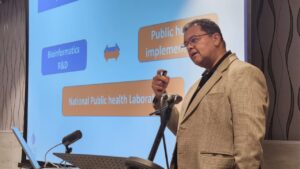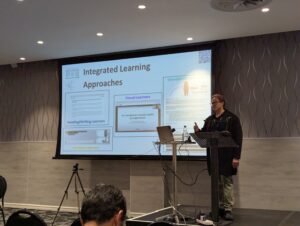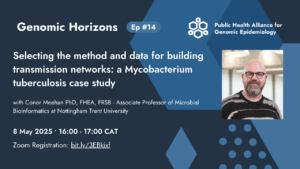
Editorial
Welcome to the third issue of the PHA4GE newsletter for 2024!
We are excited to introduce Pathoplexus, a new specialized sequence database for human viral pathogens. To start off, Pathoplexus applies modern open-source software and transparent governance to enhance data submission, querying, and accessibility to data on five viruses namely, Ebolavirus sudan, Ebolavirus zaire, West Nile virus, and Crimean-Congo haemorrhagic fever virus. To become part of the scientific community that helps drive Pathoplexus, we welcome you to join the PHA4GE Data Repositories Working Group.
In response to recent WHO updates, the Bioinformatics Pipelines and Visualization Working Group is updating a guidance document for Mpox. This living document gives recommendations on open-source tools and resources for public health labs to streamline Mpox data analysis and integration.
The PHA4GE member survey gives a sense of the pathogens that members are currently interested in and some of the dry and wet lab skills required in bioinformatics. These findings are helpful in planning and implementing new projects and building stronger networks among members.
Do have a complete read to enjoy these and other updates.
Ranga Matima
If you haven’t done so already, subscribe to receive PHA4GE newsletter via email.



